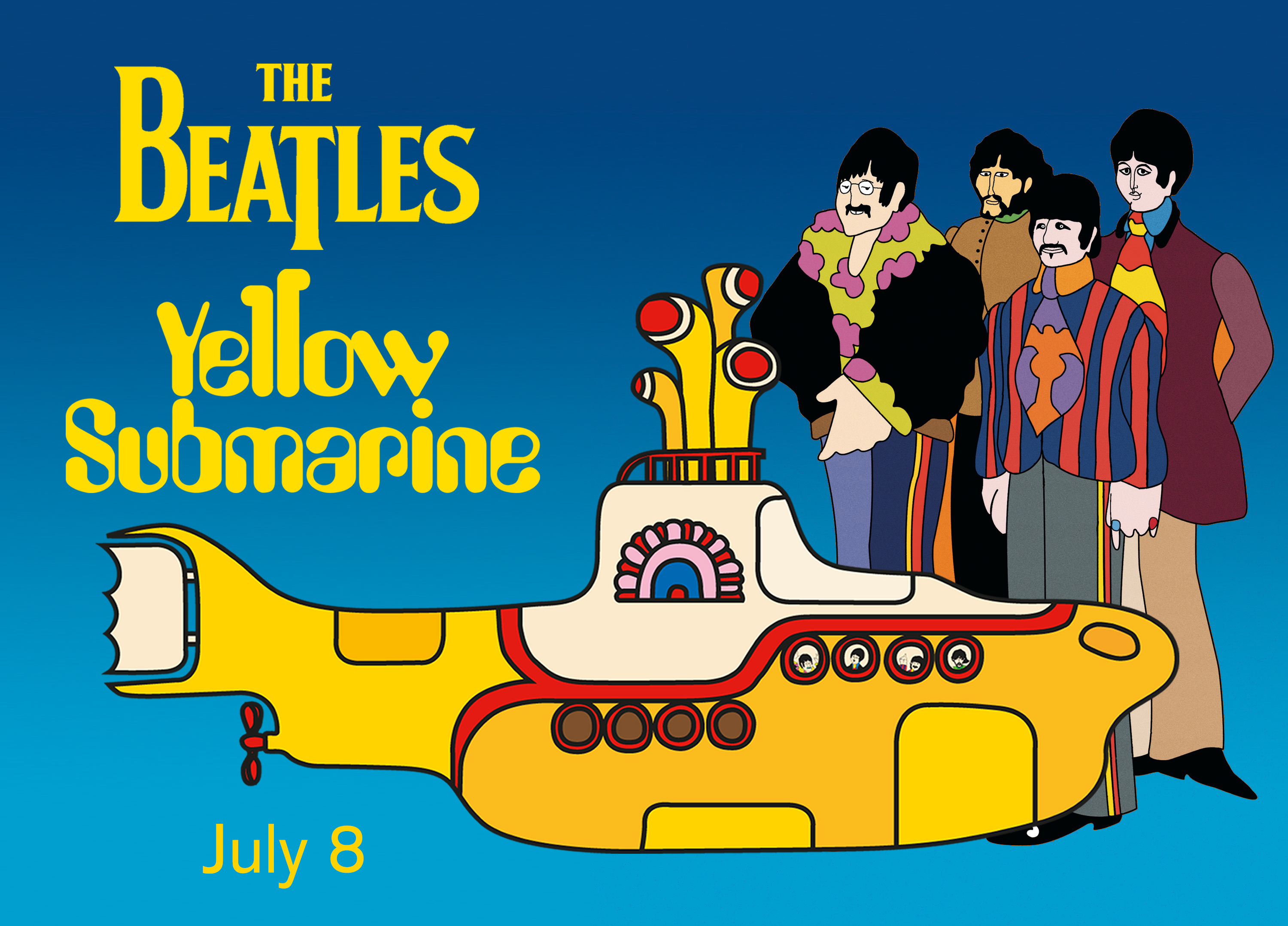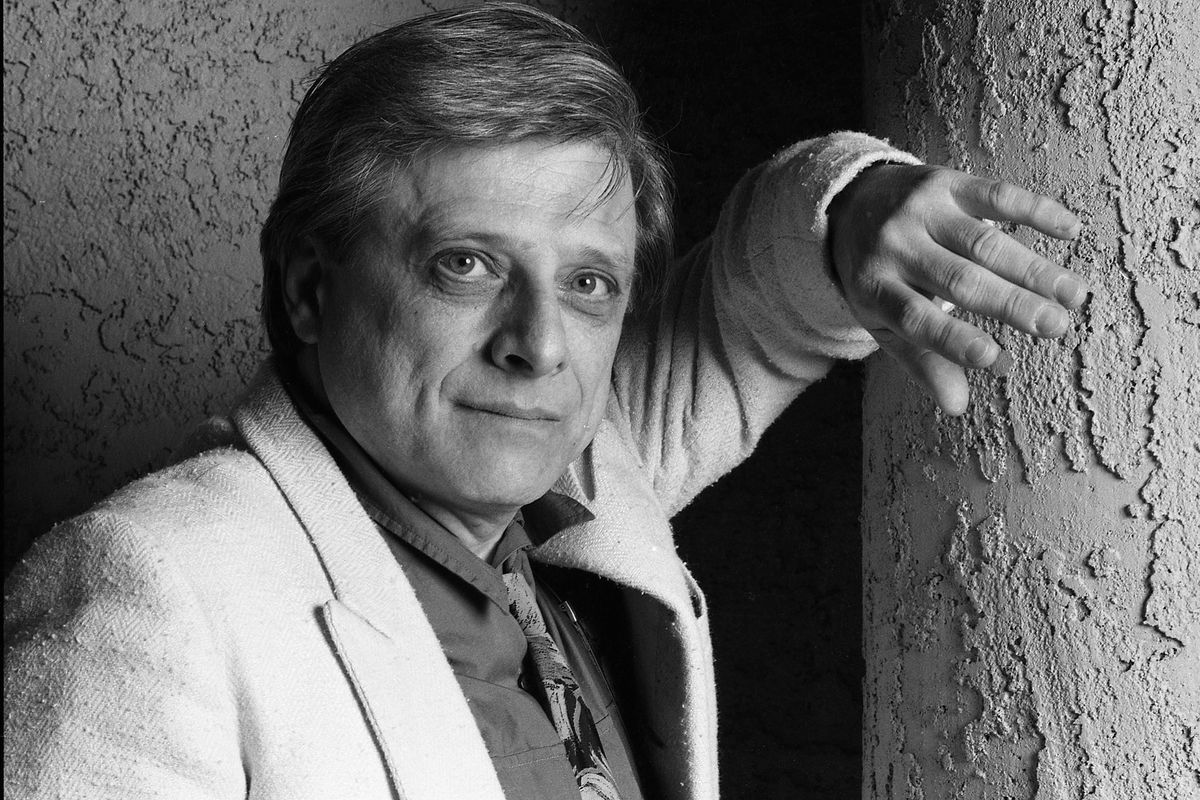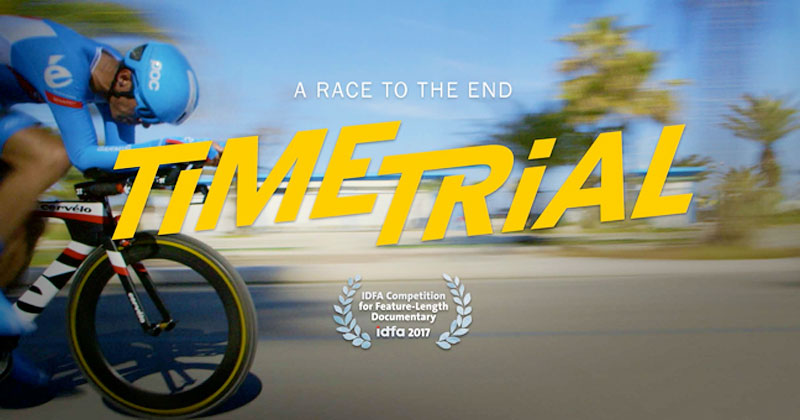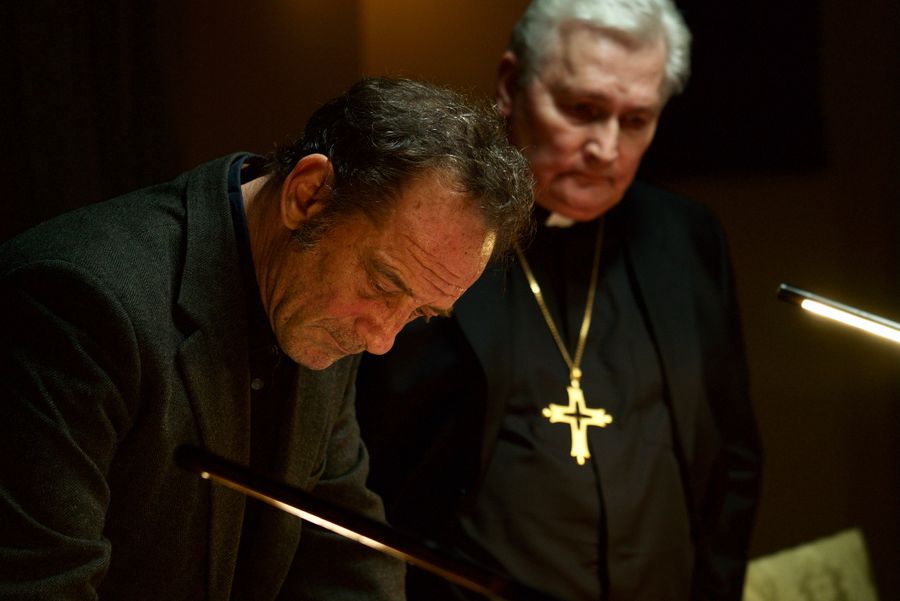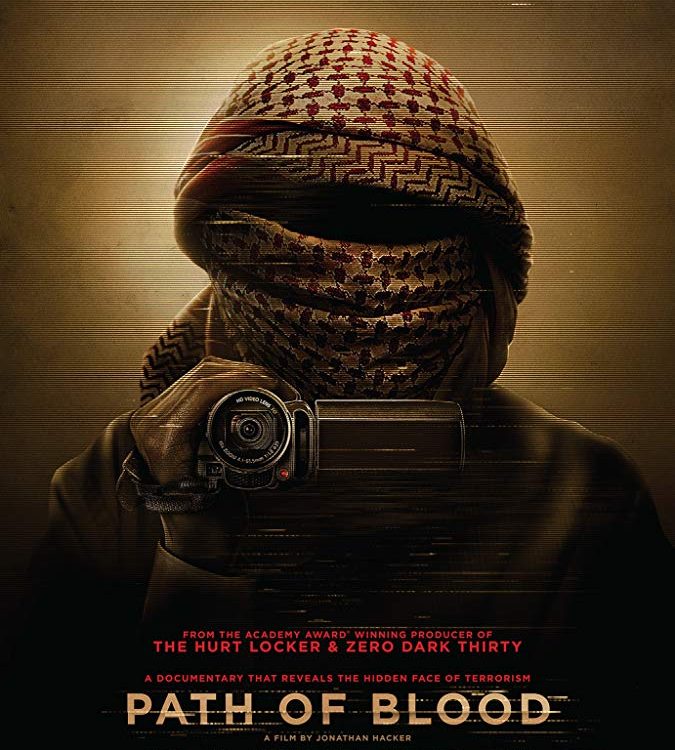Reviewed by Lee Hill
First released in the autumn of 1988, Heathers was the little teen suicide film that could. Produced by New World Pictures, a company founded by Roger Corman to nurture everything from Bergman’s Cries and Whispers to Slumber Party Massacre, Heathers was shot over 33 days for $3 million, and it made Winona Ryder and Christian Slater stars for much of the 90s. Focusing on a clique of beautiful high school girls, all with the same name, the “Heathers” use their good looks, popularity and penchant for sadistic pranks to terrorize their classmates.
Comments closed

